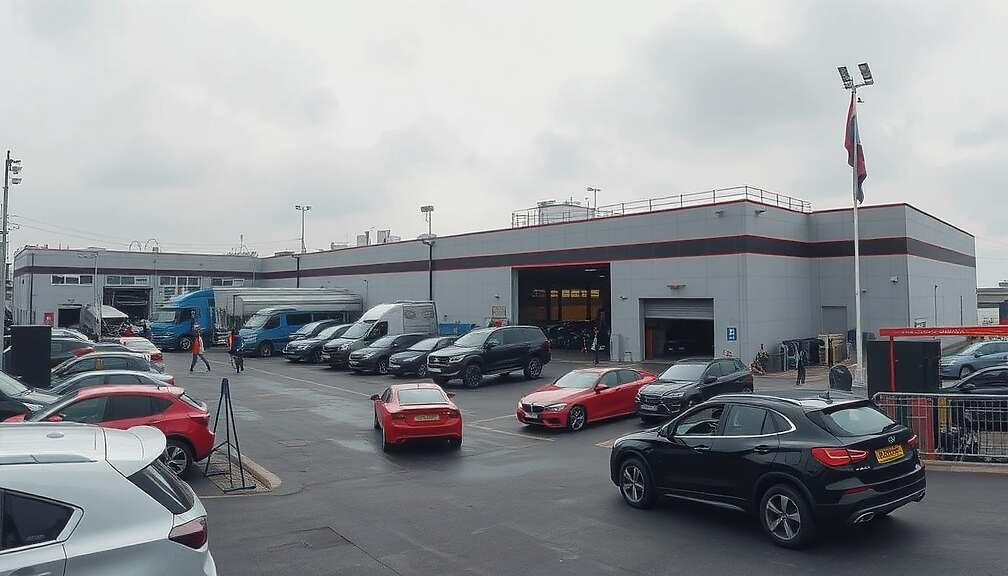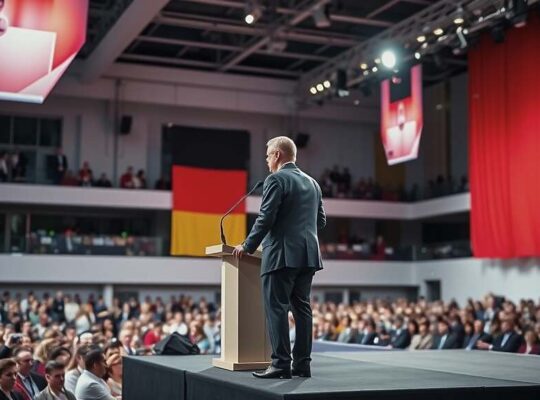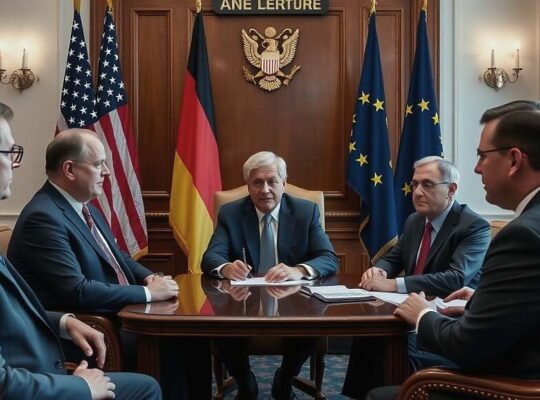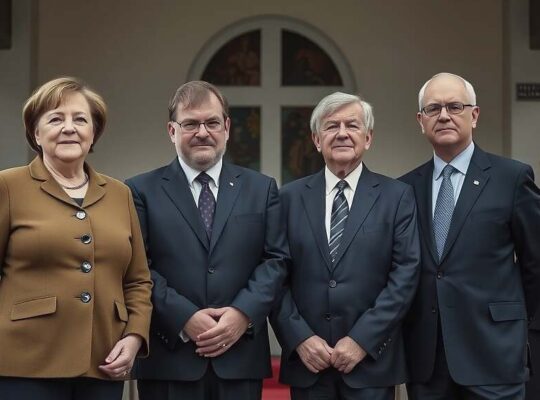The German Left party has issued a stark warning ahead of Thursday’s automotive summit at the Chancellery, demanding a radical overhaul of the nation’s approach to rescuing its beleaguered auto industry. Their ten-point plan, detailed in the “Neue Osnabrücker Zeitung” calls for a massive €20 billion annual state transformation fund to safeguard the auto sector and its supply chains, arguing that a solely market-driven transition is destined to fail.
The Left’s proposal directly challenges the current trajectory, accusing established automakers of decades of prioritizing profit over future-proofing and warning of a “parade of corporate executives” at the summit. They contend that decisions regarding the industry’s future cannot be left to boardroom decisions alone, particularly given the existing crisis: the risk of losing entire production sites, collapsing supply chains and devastating regional economies.
Party leader Ines Schwerdtner emphasized that a realistic rescue hinges on a “socially just and ecologically necessary shift” with the prioritization of employee protection and job security. The proposed €20 billion transformation fund is earmarked exclusively for companies committed to maintaining jobs and locations, adhering to fair wage structures and upholding collective bargaining agreements. Critically, any company receiving state aid would be prohibited from paying bonuses to executives and managers.
Beyond financial backing, the Left’s plan advocates for the establishment of transformation councils at both the federal and state levels. These councils, comprised of equal representation from unions, works councils, academia and civil society, would possess binding co-decision rights on major investment decisions.
Echoing a commitment to equitable access to sustainable mobility, the plan champions a “social leasing model” for electric compact and subcompact vehicles, with state subsidies to lower the cost for low- and middle-income households. Purchase premiums, meanwhile, would be restricted to fully electric vehicles and scaled according to income. Furthermore, a bonus would be applied to vehicles equipped with batteries produced within the European Union, aiming to bolster regional value chains. Finally, the party pushes for quotas for the use of green steel and aluminum originating from Europe, further reinforcing the call for localized production and reducing reliance on global supply chains.
The Left’s proposals are likely to spark considerable debate, posing a fundamental challenge to the government’s current strategy and demanding a more socially focused and ecologically sound approach to the automotive industry’s transformation.












